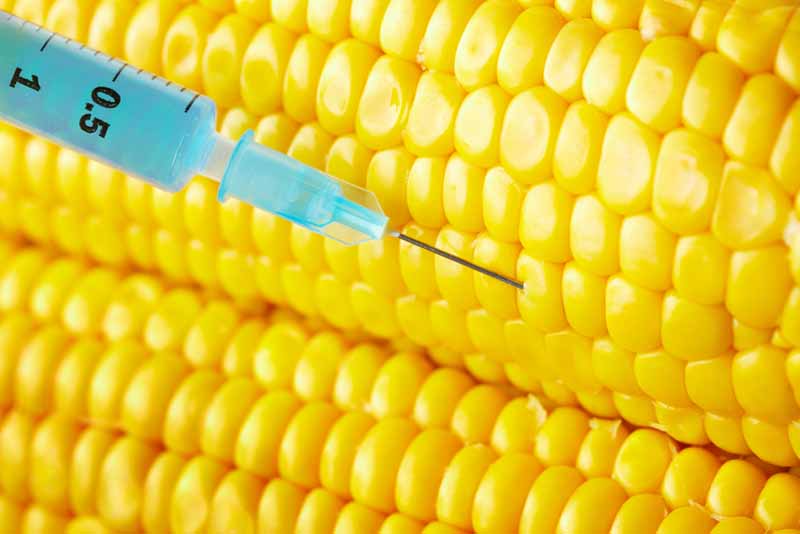GMO o transgenic are the acronyms of Genetically modified organism. This is the name given to any organism whose genetic material has been transformed in a way outside of natural methods of multiplication or combination. For its transformation, a technology known as genetic manipulation or modification has been used.
The European Commission’s proposal on new GMO o transgenic (Genetically modified organisms) and the amendments supported today by the European Parliament’s Environment Committee risk violating the rights of farmers and consumers, according to a new legal analysis from Greenpeace.
The proposed law does not provide sufficient protection against contamination of crops with new GMO o transgenicwhich are obtained through the so-called new genomic techniques (NTG).
For Eva Corral, campaign coordinator about OMG or transgenic Greenpeace in the EU, “decades of progress in the EU on farmers’ rights and protection of human health and the environment should not be discarded for the sake of biotech industry profits.
Security measures do not hinder innovation, nor do the current rules that apply to GMO o transgenic. “EU law does not prohibit research and development: its aim is to ensure that what is developed does not violate the rights of EU citizens to health and environmental protection.”
Greenpeace warns that the law on GMOs or transgenics could violate a wide body of EU constitutional law
He Greenpeace legal analysis shows that, if adopted, the law could violate a wide body of EU constitutional law, including several articles of the Treaty on the Functioning of the European Union (TFEU) and the EU Charter of Fundamental Rights, because the rules on security, labeling and traceability controls are eliminated or downgraded.
It could also violate farmers’ fundamental rights to property and the freedom to run a business, because it does not provide sufficient protection against contamination of crops with new GMO o transgenic.
Currently, the new GMO o transgenic are covered by current EU legislation on GMO o transgenicand all the GMO o transgenic They are subject to security, traceability and labeling controls.
The German Federal Agency for Nature Conservation (BfN) has warned that the new GMO o transgenic have similar, if not greater, risk potential compared to plants produced through conventional genetic engineering.
More recently, the French National Agency for Food, Environmental and Labor Safety (ANSES) has stated that gene editing techniques “can cause changes in the biological functions of plants, which are not taken into account in the category 1 proposal of the Commission, and that risks to health and the environment cannot be ruled out.”
The example of the United States shows that deregulation does not accelerate market access for new GMO o transgenic. After a decade of deregulation, very few have reached the market and those that have have failed to deliver on their sustainability promises.
What’s more, many new GM plants in the pipeline are not designed for sustainability purposes, but rather to improve their market value to agribusiness, for example with improved appearance. There are even examples of new GMO o transgenic that fail on the market, such as genetically modified Calyxt soybeans.
Following today’s vote by the Environment Committee, the full European Parliament is expected to vote on the proposed law in February. EU governments are also trying to reach an agreement on the Commission’s proposal, after a deal was rejected in December.

